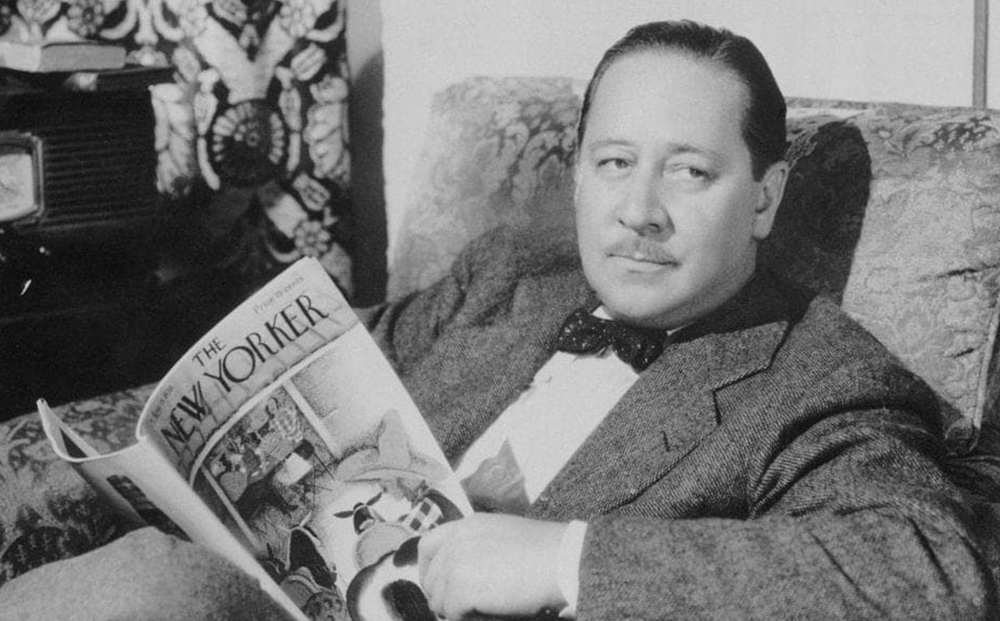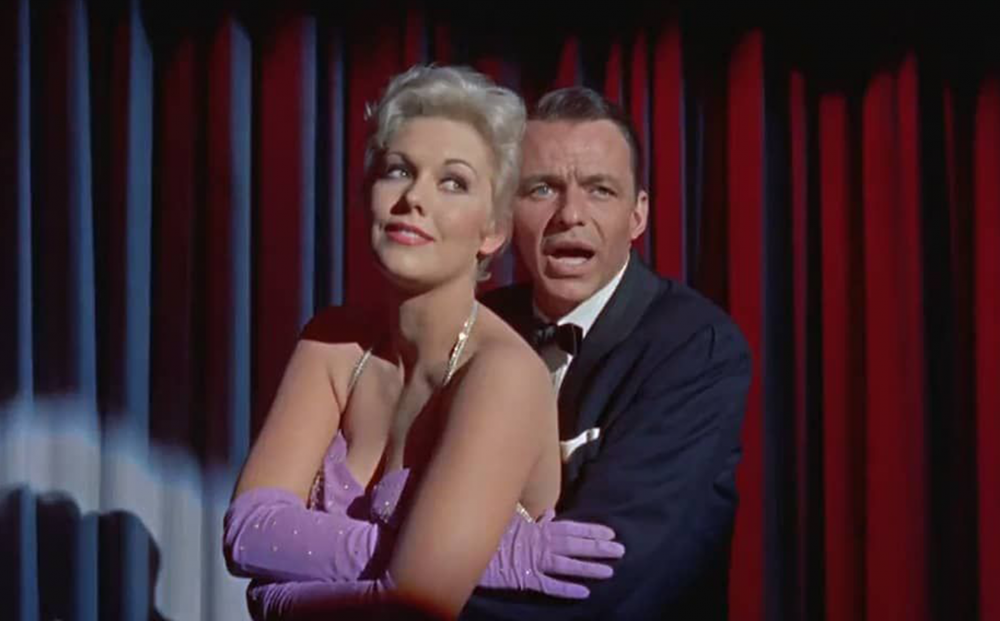Film Forum Celebrating the New Yorker’s Centennial With a Run of Nearly 30 Films
Various luminaries from the magazine’s pages will be on hand to introduce selected films, including Calvin Trillin, Paul Rudnick, and Adam Gopnik. Editor David Remnick will discuss Richard Brooks’s ‘In Cold Blood.’

Robert Benchley (1889-1945) has not aged well — at least as a cinematic wit and raconteur. While I don’t know about his comic essays published early on in the pages of the New Yorker, and I am not familiar with his writings for the Harvard Lampoon, Vanity Fair, and Life, Benchley’s renown as a man of letters was notable, so much so that he was lured to Hollywood as a script doctor, screenwriter, and actor.
Benchley’s filmography is impressive. As a character actor, he worked for Alfred Hitchcock, Rene Clair, Billy Wilder, and Walt Disney, imbuing his roles with an erudition that never turned its nose up at humble pursuits. Benchley starred in close to 50 shorts, usually as a thinly veiled version of himself. Among the titles are “The Sex Life of the Polyp” (1928), “The Romance of Digestion” (1937), and “How to Sleep” (1935).
The latter will be shown on the opening night of “Tales From The New Yorker,” a run of films presented by Film Forum in celebration of the magazine’s centennial anniversary. Organized by the director of repertory programming, Bruce Goldstein, the series will feature close to 30 films, each of which has its basis in the pages of our erstwhile metropolitan journal.
Various luminaries from its pages will be on hand to introduce selected films, including Calvin Trillin, Paul Rudnick, and Adam Gopnik. Editor David Remnick is going to discuss Richard Brooks’s “In Cold Blood” (1967) — which should be an easier job than Mr. Goldstein’s selling of “The Benchley Roundup.”

“How to Sleep” won an Oscar for Best Live-Action Short Subject and is as good an indicator as any of Benchley’s on-screen persona — that is to say, a professorial humbug whose intellectualism is deflated by his own failings. In one scene, a wakeful Benchley is distracted by leftovers in the fridge. Who hasn’t been there? A likeable character, for sure, but the situations that Benchley falls victim to are, at best, mildly amusing; at worst, they are worn threadbare by convention.
Cultural tastes change, but Benchley is creaky in a way that the Marx Brothers aren’t. “Tales From The New Yorker” offers an opportunity for comparison with Norman Z. McLeod’s “Monkey Business” (1931), the first Marx Brothers movie made specifically for the silver screen. “Monkey Business” is on the docket because it was co-written by a magazine regular, S.J. Perlman — a humorist who would come to resent his association with “those sons of bitches,” the brothers Marx.
Orson Welles’s “Citizen Kane” (1942) will be included, partly because a New Yorker theater critic, Herman Mankiewicz, co-wrote the screenplay. Mostly, though, one feels it is because a film critic, Pauline Kael, wrote a lengthy takedown of Welles in a two-part essay titled “Raising Kane.”
The resulting kerfuffle — egged on by Kael’s verdict that she needn’t talk to Welles because “I already know what happened” — is the stuff of cineaste legend. Film Forum is marketing Welles’s with Kael’s commendation: “MAY BE MORE FUN THAN ANY OTHER GREAT MOVIE.” Were the caps her doing or Film Forum’s? Either way, go figure.

Otherwise, the program is filled with all sorts of commendable entertainment. The Sun’s Will Friedwald will be on hand to introduce George Sidney’s “Pal Joey” (1957) and a current New Yorker film critic will stop by to speak on Nicholas Ray’s “Bigger Than Life” (1956), among the more squirrelly of American studio pictures. Cartoonist Charles Addams is represented by Barry Sonenfeld’s “Addams Family Values” (1993), writer Dorothy Parker by William A. Wellman’s “A Star is Born” (1937), and journalist Joseph Mitchell by “Joe Gould’s Secret” (2000).
Frank Perry’s “The Swimmer” (1968) is among the oddest of inclusions. Based on a short story by John Cheever, the film stars Burt Lancaster as Ned Merrill, a middle-aged executive ensconced in the pricey suburbs of Connecticut.
After blundering upon a party thrown by friends, Merrill decides to make his way home by swimming through a “river” of backyard pools dotting the landscape. Was Lancaster attracted to the bizarre conceit of Cheever’s tale or did this former acrobat take the part so he could show off his physique by spending a significant amount of the film wearing nothing but bathing trunks?
This quasi-Homeric journey is rife with absurdist dalliances, catastrophic revelations, and a young Joan Rivers, who is every bit as fetching as the ingenues with whom Merrill commingles on his not-so-merry way. “The Swimmer” isn’t a great movie, but it is a great curiosity. If you can stomach the whitebread symbolism at its core, the picture will prove a head-scratcher worth your time and money.

